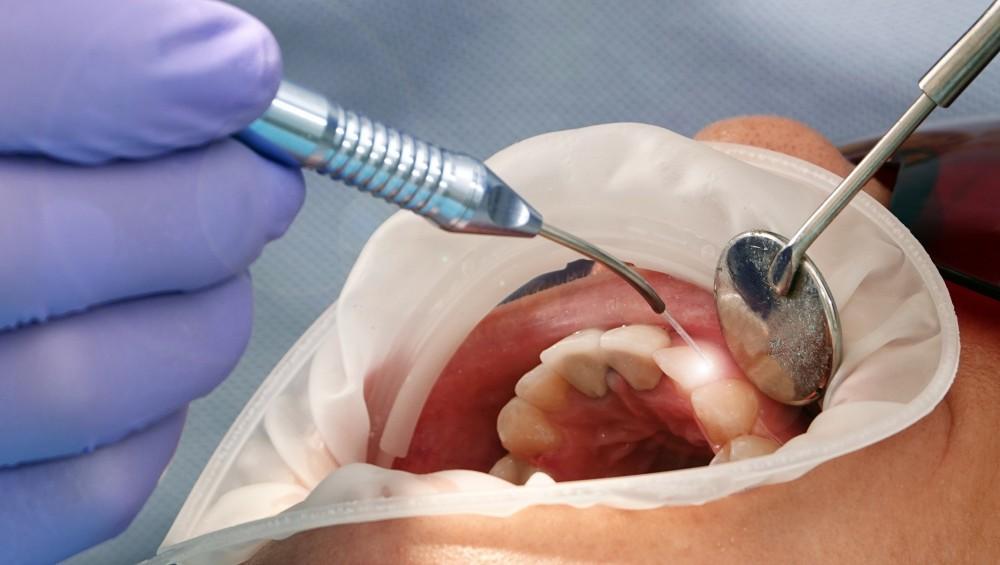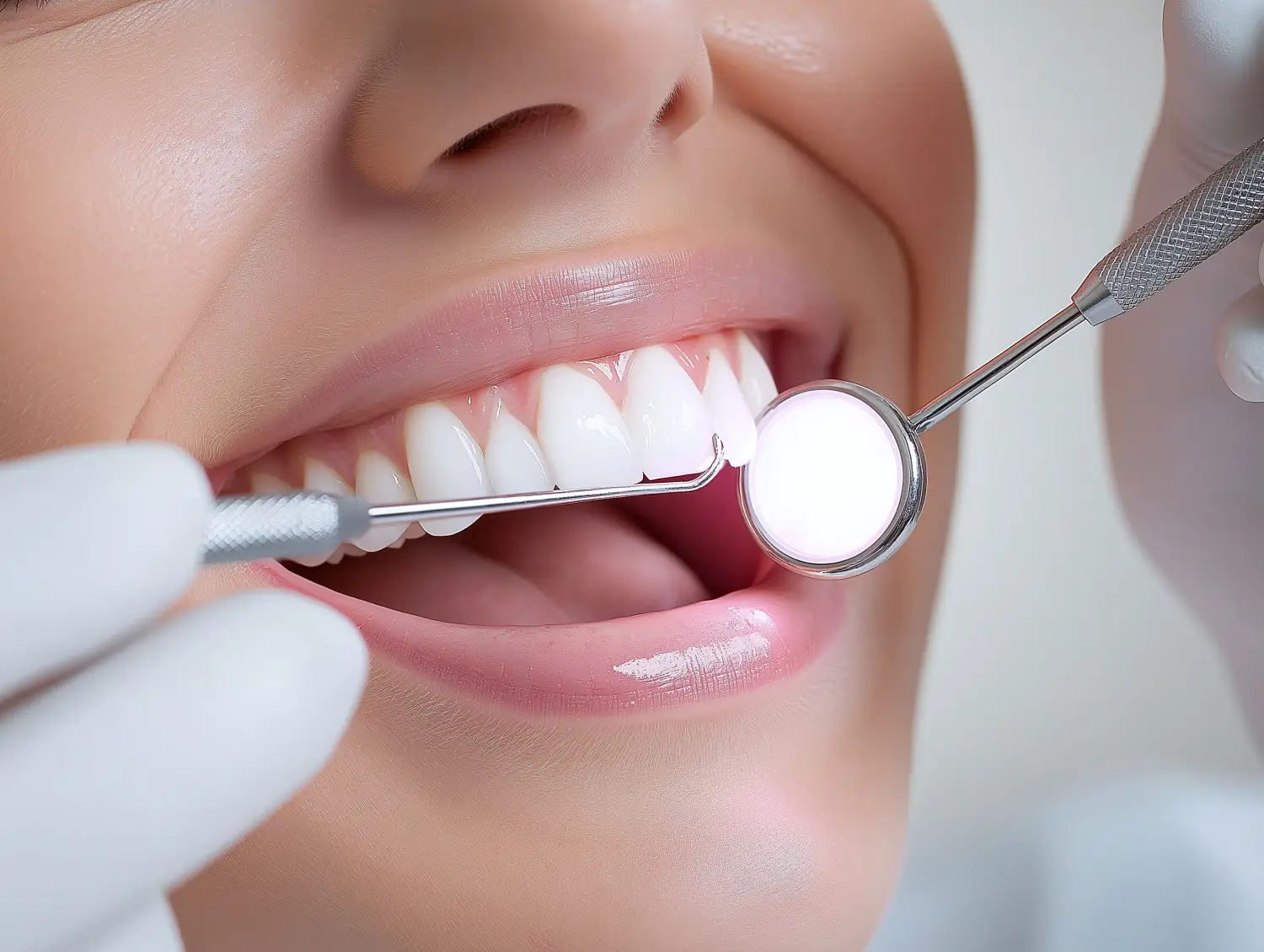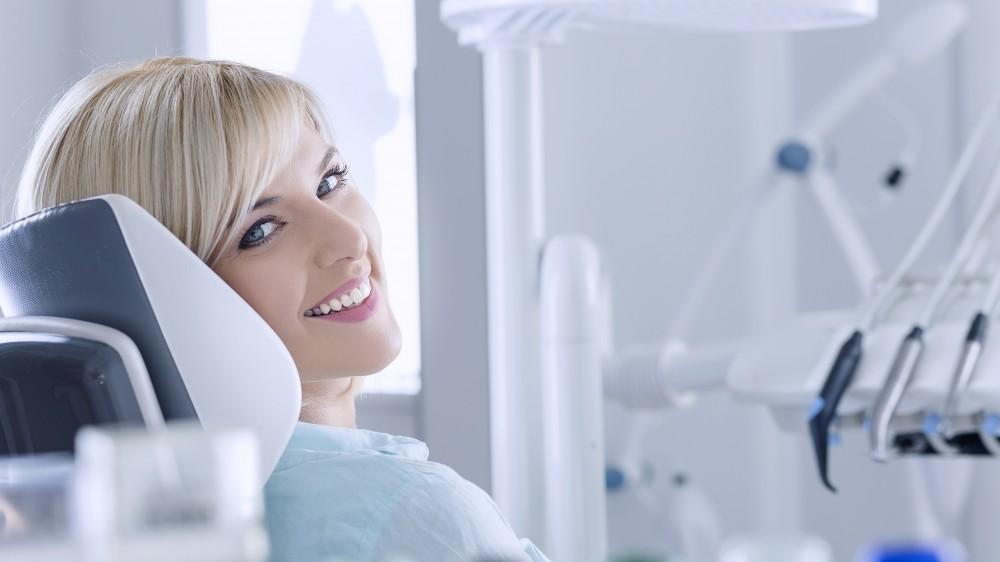
How Laser Dentistry Treats Cavities
If you’re like most people, your most memorable experience as a child at the dentist’s office was the first time you got a cavity filled and not the sticker or prize you got when you left. There’s just something about the sights, sounds, and smells that transpire when your dentist treats a cavity, not the least of which is the drill and the big needle.
If only there were a quieter, more comfortable, and more efficient way for your dentist to tackle cavities. Actually, there is, says Jose Marcano, DMD, at Orlando Center for Cosmetic Dentistry. Think laser dentistry. Laser dentistry allows dentists to take the patient experience to the next level – all without the dental drill or the big needle.
Laser dentistry explained
While you may be more familiar with the use of lasers in medicine, laser technology has numerous applications in dentistry and not just for teeth whitening. For decades, dentists have been using lasers in practices across the country. Initially, low-powered lasers were used on soft tissue, such as gums.
In 1997, the U.S. Food and Drug Administration approved lasers for treating cavities. This game-changing development provided dentists with an advanced tool and patients with treatment options that enhanced their dental office experience. Remarkably, the FDA has approved over 20 uses of lasers in dentistry today.
Dentists can use dental lasers to perform procedures on both soft tissue and hard tissue to:
- accelerate in-office or chairside or in-office teeth whitening
- treat gum disease and gum contouring
- address tooth sensitivity
- treat benign tumors, oral abscesses, and cold sores
- remove tissue for an oral cancer biopsy
- treat temporomandibular joint disorder (TMJ)
- address obstructive sleep apnea
Non-invasive cavity treatment option
Laser dentistry allows your specially trained dentist to target the treatment area precisely when treating cavities. Specifically, your provider uses a hand-held laser or wand emitting light energy. When the light energy reaches the decayed area, it does two important things: prep the tooth by removing decay and eliminating bacteria. And guess what? Your dentist can do all the tooth prep without turning on that annoying, scary, high-pitched dental drill sound.
No anesthesia option
But that’s not all. Since laser dentistry is a gentler, more comfortable, non-invasive treatment tool, many patients can comfortably do a cavity treatment with no or minimal anesthesia to prep the tooth and fill a cavity. That’s right; with laser dentistry, you won’t have to deal with the big needle to numb you, waiting for the anesthesia to kick in, and the equally annoying waiting for the numbness to disappear after the procedure. Plus, you can kick the sore needle injection site to the curb to boot!
All gain without the pain
And, as if no dental drill or anesthesia weren’t enough since laser dentistry is all about precision, it results in less bleeding and inflammation. When you reduce the incidence of bleeding and inflammation, you also reduce the risk of infection and pain during the procedure and afterward.
Here at Orlando Center For Cosmetic Dentistry, Dr. Marcano performs laser dentistry procedures using the Waterlase™ by Biolase® system. Waterlase’s proprietary system combines laser energy, water, and air to make patients comfortable. The water and air buffer absorb the light energy, so you don’t don’t notice any heat produced by the laser. Instead, you can sit back and relax and enjoy all the gains without the pain experience.
If you have a cavity and want to learn if laser dentistry is right for you, request a consultation at Orlando Center for Cosmetic Dentistry. Click the online booking tool or call or text the office today.
Related Posts

Welcome to Orlando Center for Cosmetic Dentistry

Teeth Cleaning Aftercare Tips

What Are Dentures? Everything You Need to Know
%20copy.jpg)
Schedule your visit today
We’re here to help you achieve a healthier, more confident smile with precision care and no pressure. Let’s get you started.
